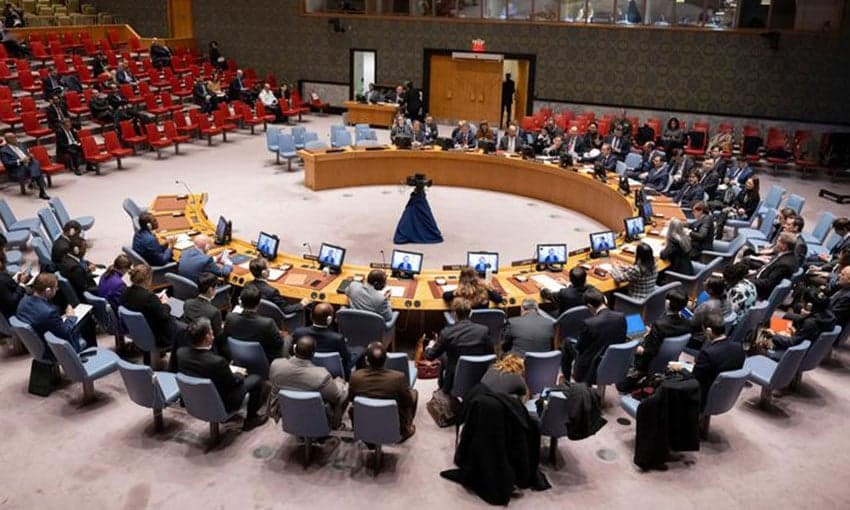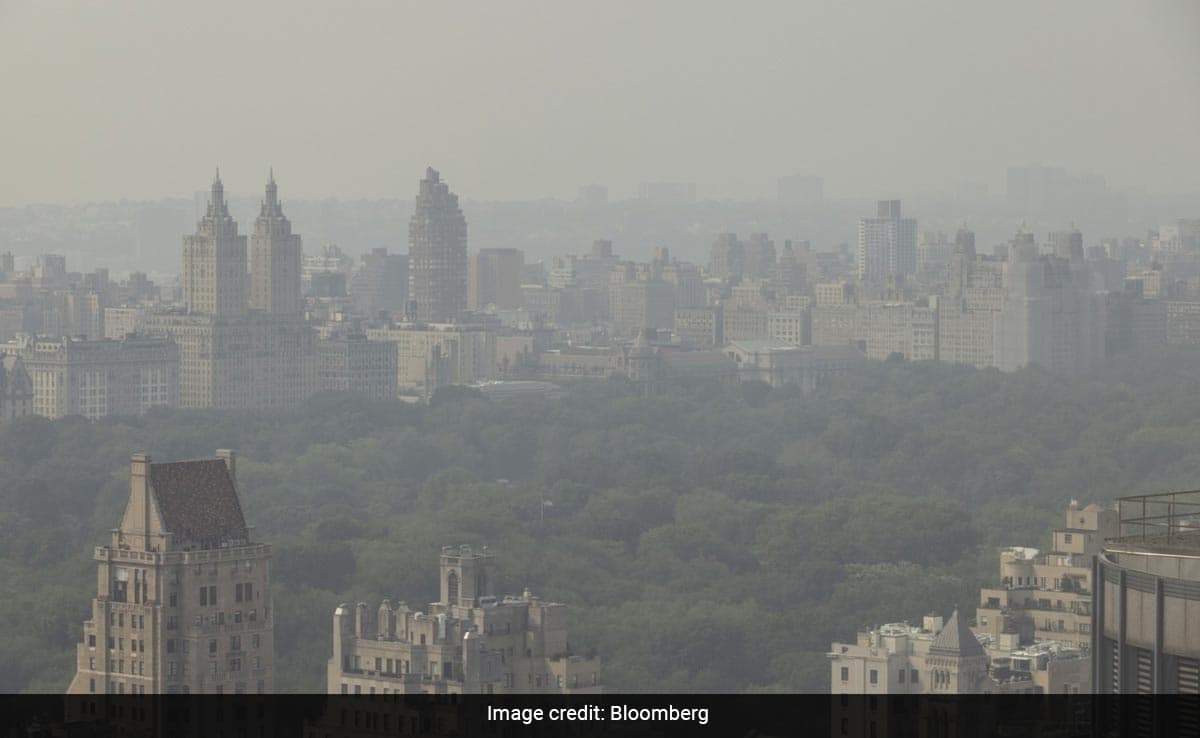UN Security Council Demands End to Houthi Attacks, Renews Sanctions
The Security Council extended targeted sanctions on the Houthi movement until November 14, 2026, broadening measures to cover individuals and actors who launch cross border attacks from Yemeni territory on shipping and regional infrastructure. The resolution signals continued international concern over Red Sea security and highlights diplomatic divides as major powers abstained rather than oppose the text.
Listen to Article
Click play to generate audio

The United Nations Security Council renewed and expanded sanctions aimed at the Houthi movement, extending asset freezes and travel bans until November 14, 2026 and adding language that could bring under sanction those who launch cross border attacks from Yemeni territory using ballistic and cruise missile technology. The text also makes clear that attacks on merchant ships in the Red Sea or the Gulf of Aden fall within the scope of concern, and condemned the assaults while demanding an end to all such actions "including those against infrastructure and civilian targets."
The measures extend existing penalties that already apply to roughly 10 named individuals, most of them high ranking Houthi officials, and to the group as a whole. The resolution was adopted with 13 votes in favor, none against, and abstentions from permanent members China and Russia, underscoring persistent geopolitical fissures over how to respond to escalating violence linked to Yemen.
Supporters cast the resolution as a practical step to strengthen monitoring of the arms embargo and to provide a legal basis for member states to target those responsible for destabilizing attacks. Britain's interim UN envoy James Kariuki said, "The resolution will support the council's ability to monitor and therefore deter violations of the arms embargo." Proponents argue that clearer criteria for sanctions will help shipping companies, insurers and regional states better assess risk and take protective measures against missile and drone strikes that have disrupted commercial traffic and raised global insurance premiums.
At the same time several member states, notably the United States and France, expressed disappointment at what they viewed as a modest text that fell short of addressing an intensifying security environment. France's deputy envoy Jay Dharmadhikari said, "We regret that the text adopted was not more ambitious and does not reflect the deterioration of the situation in Yemen over the past year." The comments reflect frustration among Western capitals that the Council did not adopt stronger measures that might more directly curb attacks or impose wider coercive steps.
The abstentions by China and Russia, coupled with the reservations voiced by some Western members, illuminate the limits of consensus at the Security Council on Middle East crises. Abstentions do not block adoption, but they signal caution among permanent members about expanding the Council's leverage or appearing to take sides in a complex regional contest. For states looking to enforce the measures, the resolution increases legal and diplomatic tools but does not eliminate practical obstacles, including identifying perpetrators, collecting admissible evidence and securing consistent enforcement by UN member states.
For Yemen and the wider Red Sea basin, the renewed sanctions package is likely to have mixed effects. It keeps international scrutiny and legal pressure on the Houthis and affiliated actors, while also drawing attention to the fragility of maritime security that affects global trade routes. With the conflict at present showing no clear path to rapid de escalation, the resolution represents a diplomatic attempt at constraint, even as divisions at the United Nations limit how far the international community will go.


